Coronavirus Australia: Risks of splitting community into ‘under 50, over 50’
The coronavirus death toll in Australia has leaned heavily towards older people, so is there a case for younger people to be the first released from lockdown measures?
It’s a bold idea proposing to split the nation in two.
On one side, those aged under 50 bearing the brunt of the economic shutdown experiencing major job losses. On the other, those aged over 50 who are most at risk of dying from COVID-19.
On ABC 7.30 last night, Prime Minister Scott Morrison was asked if authorities are concerned those in the first group will rebel or push back against the hard lockdowns enforced for the safety of the other group.
Economists in the UK have suggested releasing millions of residents aged 20 to 30 to kickstart their economy.
But experts in Australia say relaxing social distancing measures for younger people would increase the risk to both sides of the equation and trigger a rise in COVID-19 infections.
RELATED: Follow the latest coronavirus updates
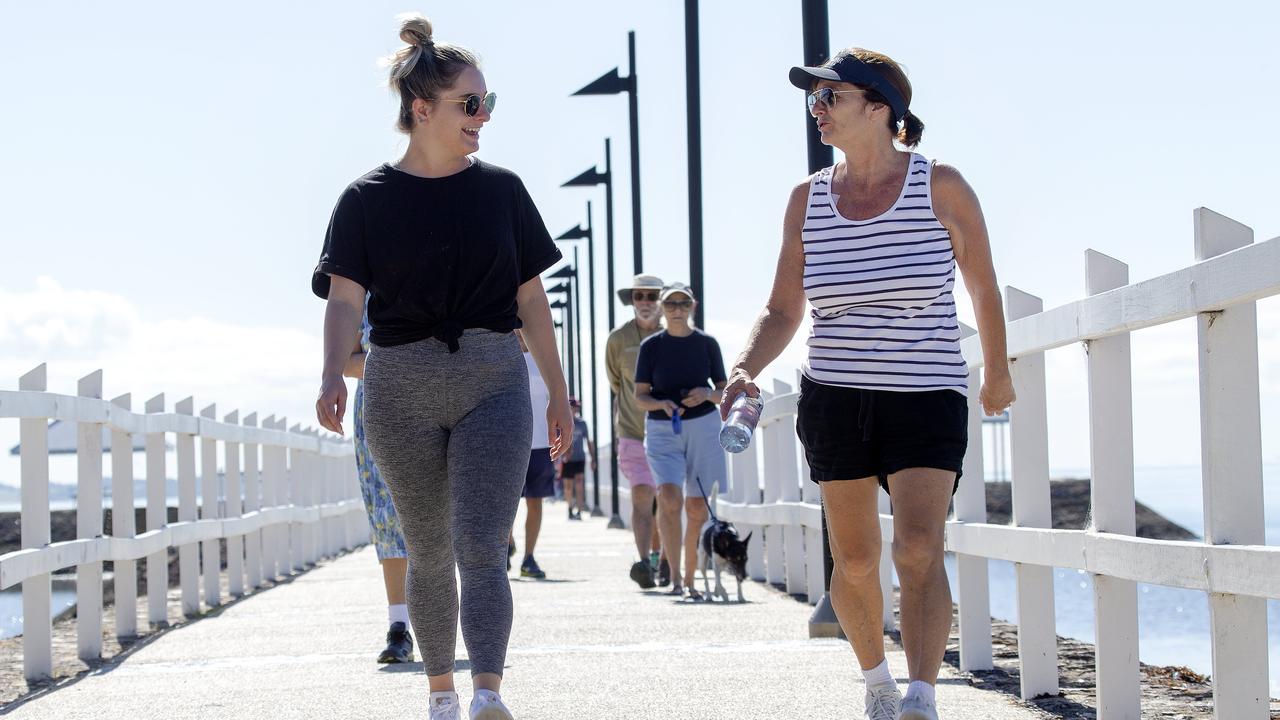
“It would be really hard to actually just restrict the virus to one part of the community and not have that rollover," University of Sydney clinical epidemiologist Dr Fiona Stanaway told news.com.au today.
"Young people aren't without risks and also increasing the prevalence of disease in the younger population is likely to increase the risk in the older population."
Only one of the 65 people to die in Australia from coronavirus has been aged in their 50s. On Friday afternoon, Australia recorded its youngest death from COVID-19 when it was announced a crew member of the Artania cruise ship, aged in his 40s, died at Royal Perth Hospital.
The other victims were all aged in their 60s to 90s, according to recent data from the Department of Health.
But Australians in their 20s have more confirmed cases of coronavirus than any other age group.
Graphs show at least 1350 of the nation's more than 6500 cases have been recorded in people aged 20-29.
As of Thursday afternoon, the median age of all Australian cases was 47 and the median age of deaths was 79.
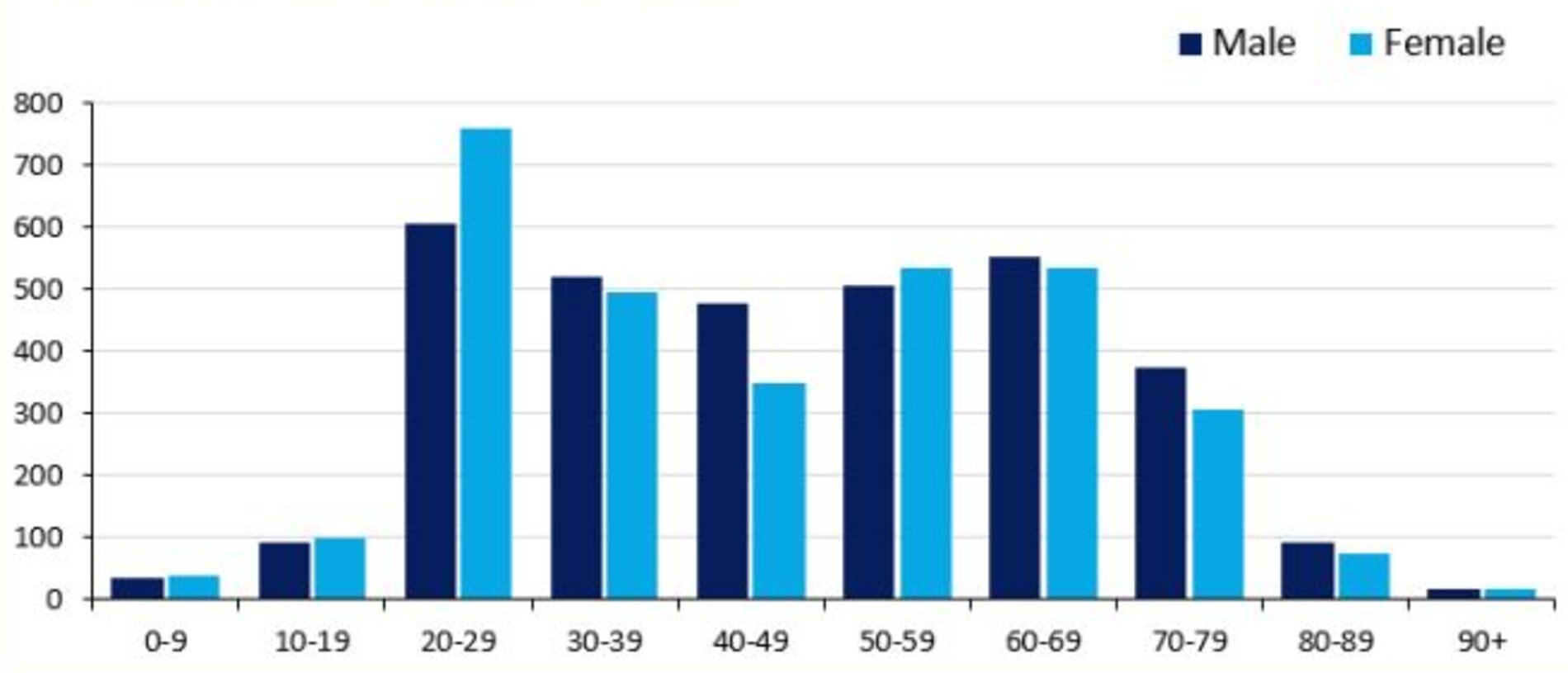
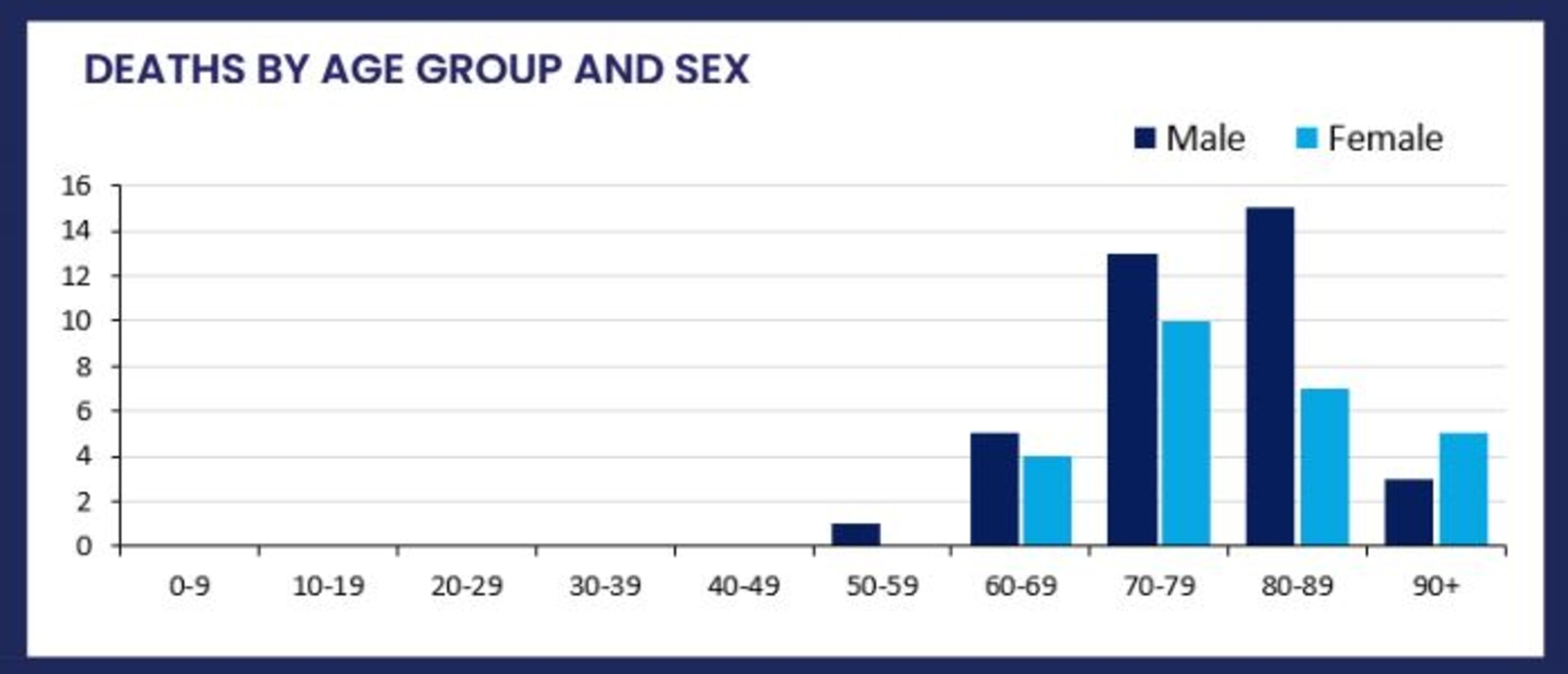
Dr Stanaway said while the risk of death is definitely lower in those aged under 50, “it's not zero”.
“Just because there haven't been any deaths in that age group in Australia, part of that is because we haven't had a lot of deaths,” she said earlier on Friday.
She noted people in Italy who were aged in their 30s and 40s died after contracting the coronavirus and a five-year-old child in the UK, who had underlying health conditions, died earlier this month. Italy and the UK have each recorded thousands of deaths.
She said young people are normally at “very, very low risk of death” so any small increase or change to that “actually matters relative to what their risk of death was already”.
“Also, death is not the only bad thing that can happen to you,” Dr Stanaway said, noting patients have still ended up in hospital suffering from serious illness or on ventilators.
“Those outcomes can happen to young people as well.”
‘IT IS A SOCIAL CONTRACT’
On Thursday night, ABC 7.30 host Leigh Sales – in an interview with Prime Minister Scott Morrison – pointed to the federal health department graphs showing coronavirus deaths “heavily in the 70s and 80s age brackets”.
She asked: “Is it fair to say that the people who are bearing the hardest burden of the economic shutdown are not the people who are at the most serious health risk?”
Mr Morrison said it was a “reasonable assumption to make”.
“But I don’t think they would consider the death of any Australian would be an unreasonable burden to carry for the sake of another one of their fellow Australians,” he said.
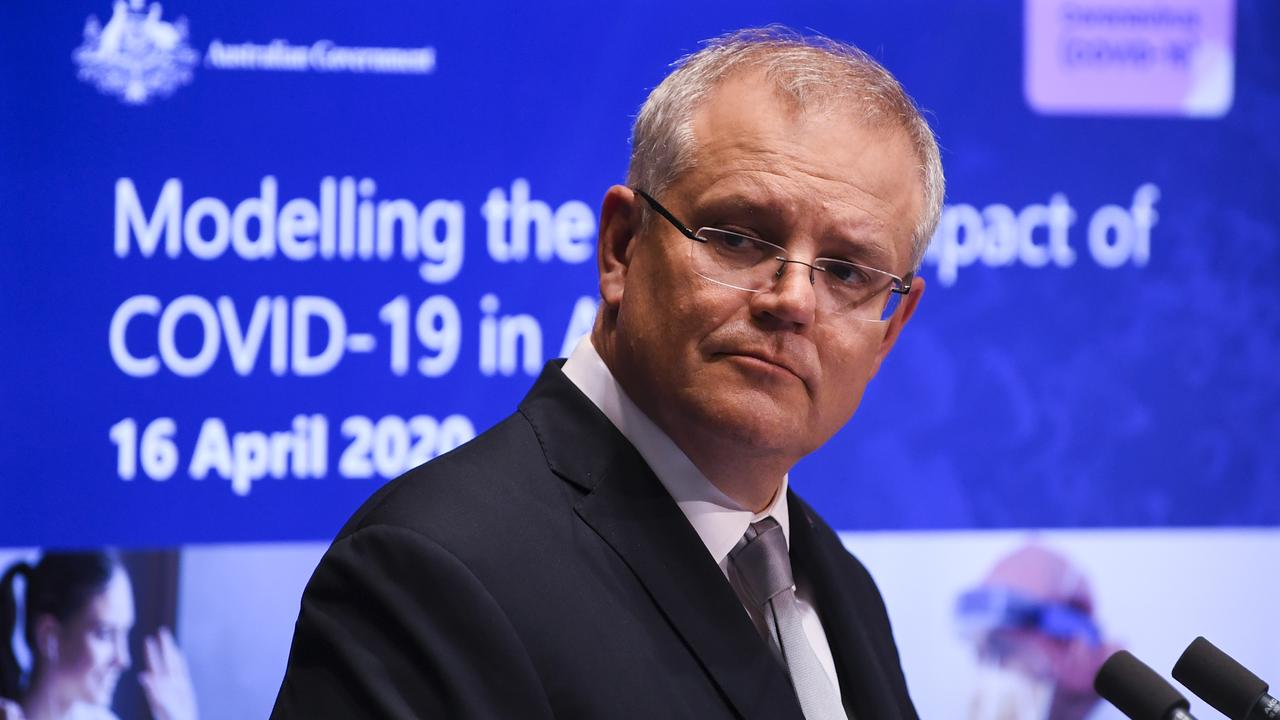
RELATED: The only valid excuses for going outside
Sales also asked the Prime Minister whether authorities were worried “if the hard lockdowns last too long, Australians under 50 could start rebelling and pushing back against the destruction of their jobs and livelihoods?”
“Well, sure, it is a social contract,” Mr Morrison replied.
“I don't deny that for a second. I think there's a social license here with governments about how these arrangements are put in place.
“And I can assure you no one wants these restrictions in any longer than they have to be.
“It's one of the reasons why we don't go for that complete eradication strategy. I mean, it's very elusive. And the costs to those livelihoods, as you are saying a very significant with no real clear additional benefit at least from what the evidence we're getting at the moment.
“I think it is getting that balance right.”
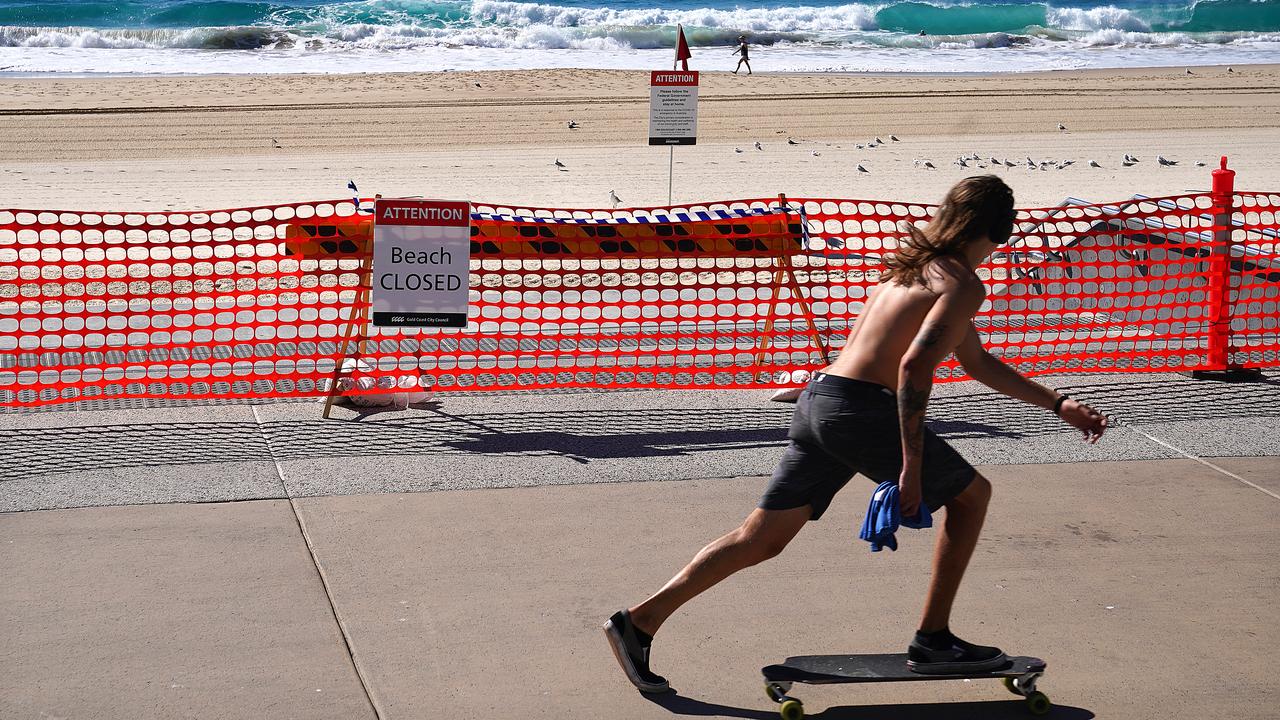
Macquarie University’s centre for emotional health director Professor Jennie Hudson, said she doesn’t think the absence of deaths in those aged under 50 “will be a strong driver to change people’s behaviour”.
“I think for the majority of people under 50 this will not be an issue,” she told news.com.au on Friday.
“Most people have friends, parents, grandparents or loved ones that are above this age bracket. The shutdown measures have never been about individual safety but about the safety of the community as a whole.”
Prof Hudson acknowledged social isolation is “difficult” for teenagers and young people in particular.
“This is a time in an individual’s development when social relationships are key to identity formation and sense of self,” she said.
“There are also a lot of activities that they are missing out on. But there are also activities that they may enjoy less (like school) – for some this is seen as a positive.”
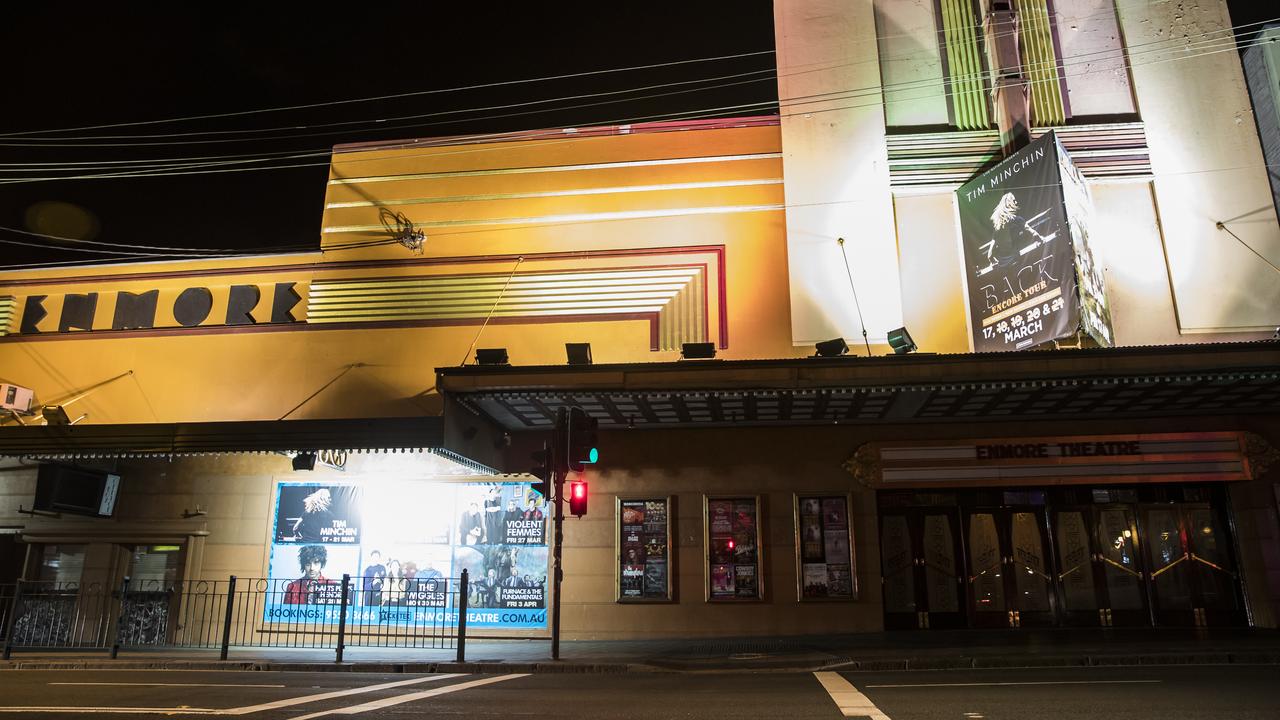
‘WE LIVE IN THE ONE COMMUNITY’
Dr Stanaway said it was important to remember the young and old “don’t live in isolation from each other”.
“We live in the one community,” she told news.com.au.
“Older people still need to go to the supermarket and are served by young people, they’re in nursing homes, younger people work in the healthcare system.
“This idea that you can completely divide our society between the young and the old … is not without risk.”
She said given we’ve only had 6500 cases in a country of 25 million, most people are not immune to the virus.
“So there’s still risk there,” Dr Stanaway said.
She said Australia was “really well placed” to monitor what is happening overseas and tailor our response accordingly.
“We were able to control the spread before it became quite widespread in the population so that's put us in a really good position and it gives us time to think about other things that we could do.”
This could include the government changing things such as social distancing measures “back and forth and seeing what happens” given “it’s a completely new virus”.
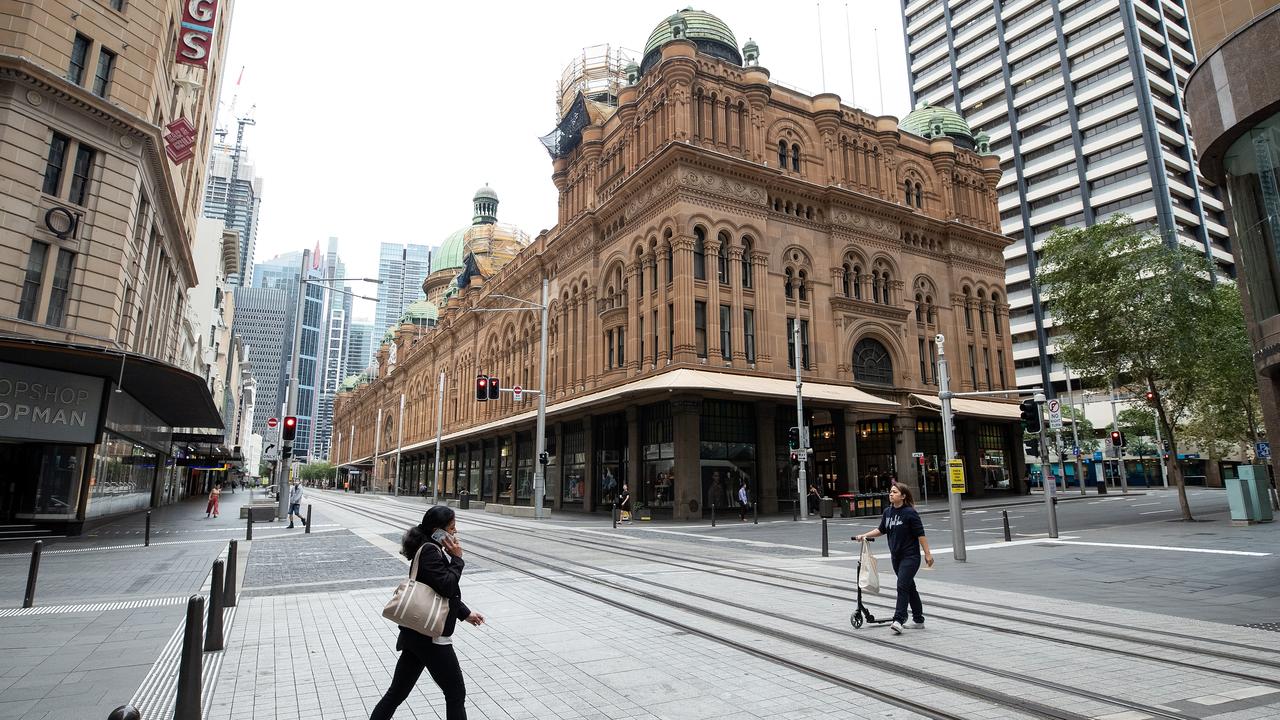
RESEARCHERS SUGGEST ‘RELEASING YOUNG ADULTS’
Academics in the UK released a policy briefing this month – The case for releasing the young from lockdown – proposing a key concept that “could in principle be implemented in other countries” as the first step of a so-called exit strategy.
“The paper proposes as a policy a ‘release’ from lockdown of the young cohort of UK citizens aged between age 20 and 30 who do not live with parents,” the University of Warwick's Department of Economics paper states.
“The paper argues that a young workforce release of this kind would lead to substantial economic and societal benefits without enormous health costs to the country.
“In this way, the nation might begin to move forward in the footsteps of the young.”
The analysis estimated there are more than 7.8 million people in the UK aged 20 to 30.
Professor of economics and behavioural science and one of the authors, Andrew Oswald, said while “the rationale for lockdown is to save lives in the short to medium term … severe damage is being done to the economy, future incomes, unemployment rates, levels of national debt, and the freedoms we enjoy as a modern society”.
“Before long, some balance will have to be struck,” he said.
Asked last week about the process of the UK coming out of lockdown, Downing Street scientific adviser Professor Neil Ferguson told the BBC it would likely "be targeted by age, by geography".
“I think there are lots of ideas worth exploring,” he said.



